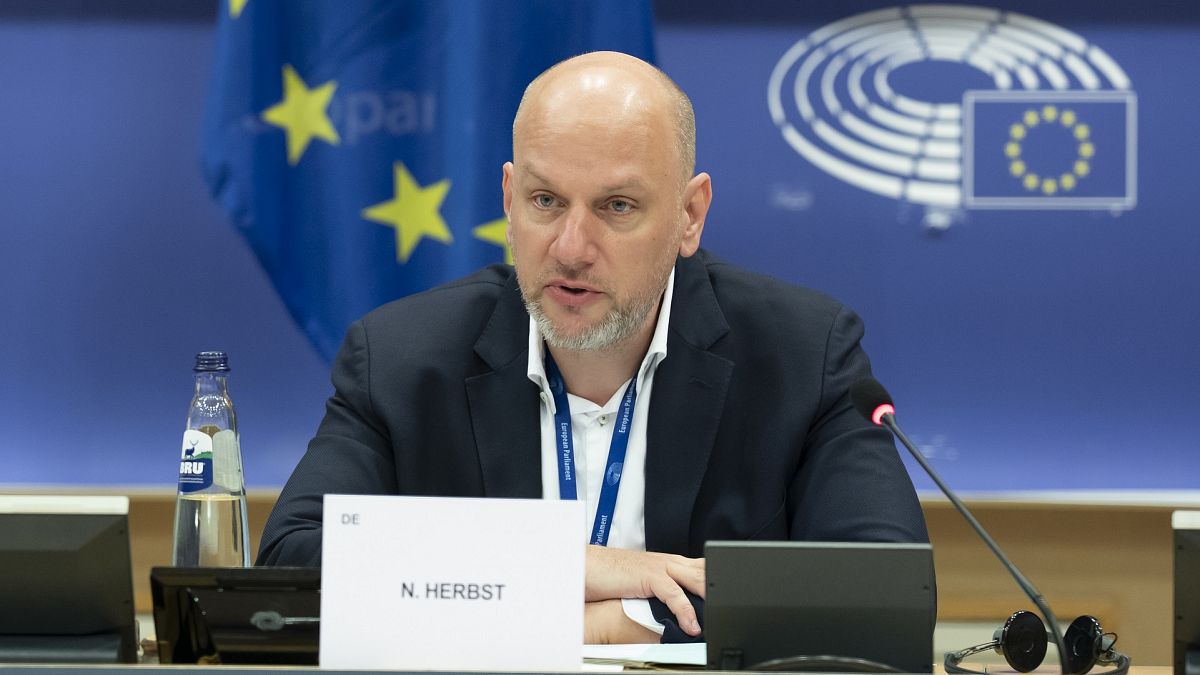The European Parliament’s budgetary control committee has provisionally signed off on the EU’s 2023 budget, largely voting down attempts by right-wing law makers to include harsh criticism of funding for non-governmental organisations in its final report.
As well as rejecting a joint proposal by members of Hungary’s ruling Fidesz party and France’s Rassemblement National to condemn an “enormous EU-NGO propaganda complex”, the committee rejected a slew of amendments tabled by conservative European People’s Party (EPP) lawmaker Monika Hohlmeier.
Among them was a call for the EU Court of Auditors (ECA) to conduct a probe specifically into the LIFE Programme, the bloc’s funding instrument for environmental projects on the ground, a small portion of which supports campaign groups through operating grants.
Last week saw the parliament’s environment committee reject a motion calling on the European Commission to halt such funding, after a handful of EPP lawmakers broke with the party line.
The Luxembourg-based audit office yesterday censured the European Commission for the lack of transparency over its support for NGOs, but found no evidence of wrongdoing in the sample of funding agreements it examined during the year-long investigation.
Niclas Herbst, who chairs the budgetary control committee and drafted its report into the EU’s 2023 finances, said the ECA had confirmed its criticism of NGO funding.
“There is a lack of transparency and control as to whether the NGOs in question share our EU values at all. There is still no complete overview of EU funding to NGOs,” said Herbst, who is also an EPP member.
For Carlotta Besozzi, director of the umbrella group Civil Society Europe, welcomed the “more objective” language adopted by the committee. “We are pleased to see that much of the language that suggested unfounded problems with the funding of NGOs has been removed,” she said.
But green groups are not out of the woods yet, according to Patrizia Heidegger, the director general of the European Environmental Bureau, which represents a huge network of NGOs in Brussels, with the eurosceptic ECR group pushing for the parliament to establish a fully-fledged committee of inquiry into the funding issue.
“An inquiry committee in the parliament is usually set up to investigate a real scandal such as LuxLeaks, massive fraud, corruption and other processes – not to continue a witch hunt against civil society organizations,” Heidegger said.
The presidents of the various political groups in the European Parliament will have to decide in a weighted vote whether or not to go ahead with this initiative – with the decision effectively resting in the hands of the EPP, the largest group in the assembly.

